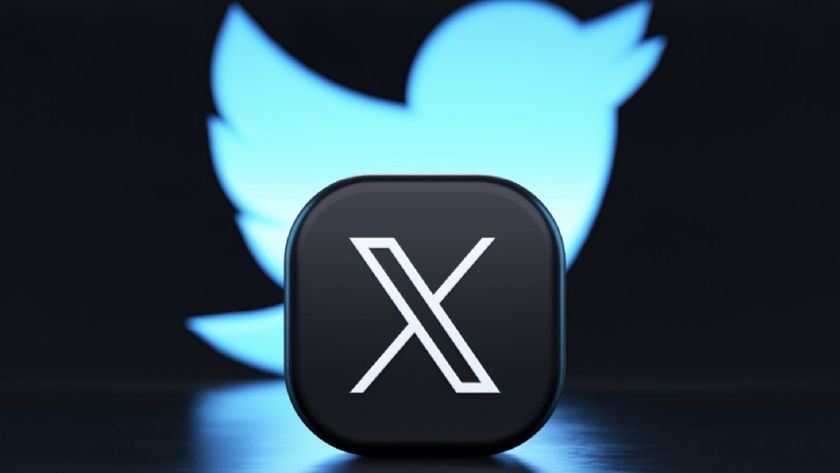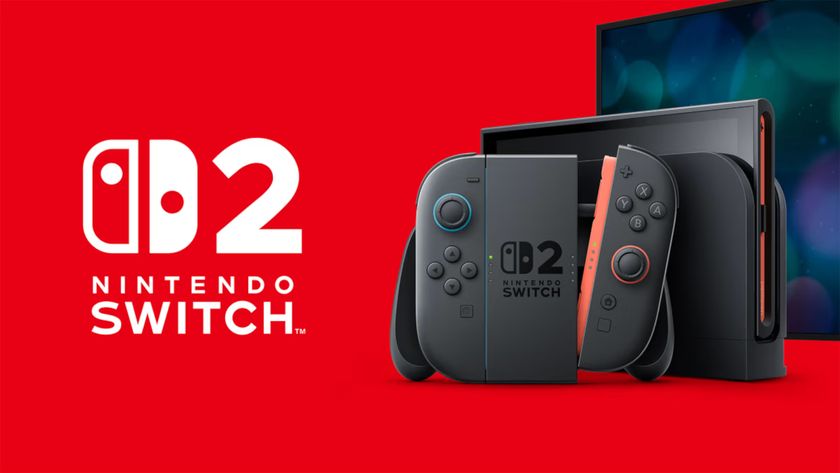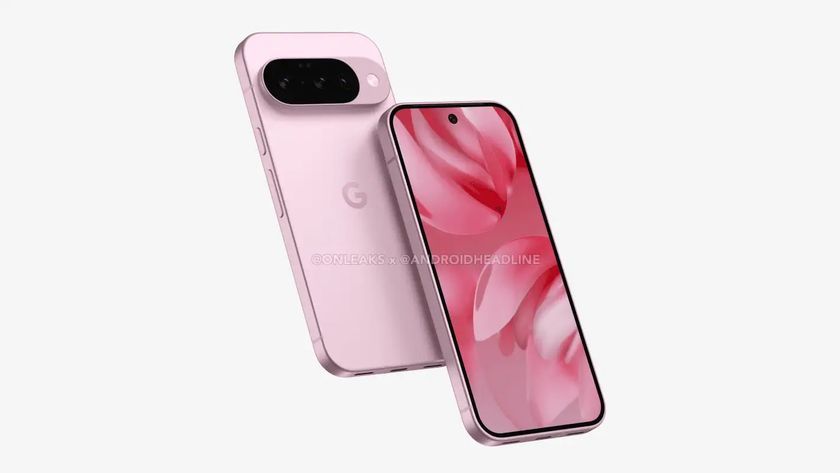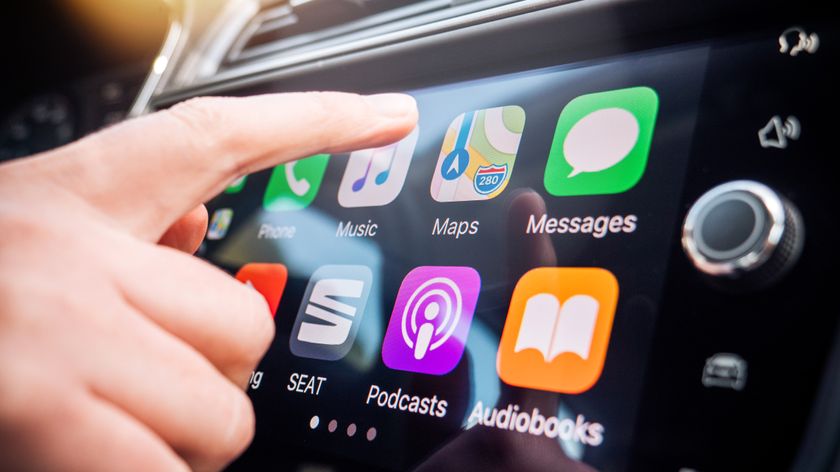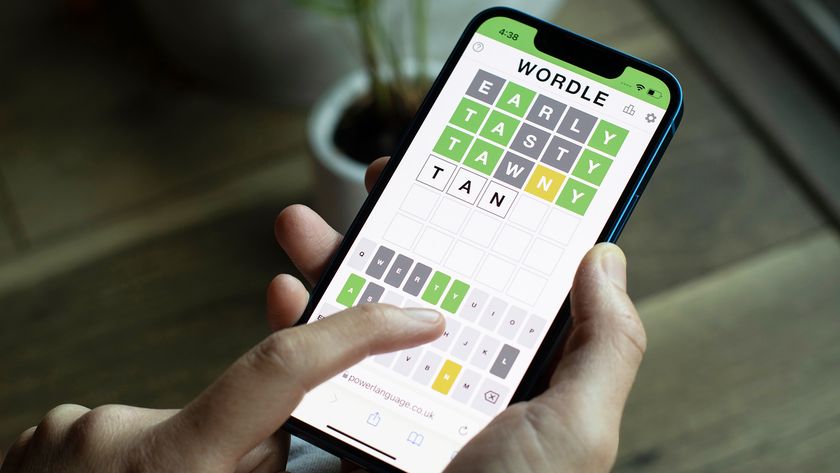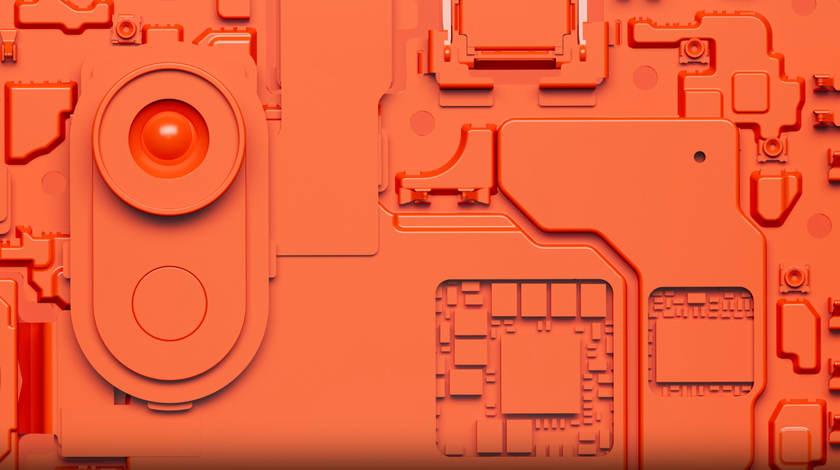Smartglasses to Replace Phones? Facebook Says Yes
An Oculus chief scientist says that augmented reality glasses could replace smartphones — and soon.
Glasses will eventually replace your smartphone, if Facebook's plans for augmented reality are to be believed.
At Facebook's annual F8 developers conference, Oculus Research chief scientist Michael Abrash said that glasses will be smart enough to do everything that smartphones can do (and possibly more) in just five years. Some experts say that his bullish time frame might actually make sense, to an extent.

"In four, five, six years it'll be used as more of a toy," said Evan Nisselson, a partner at investment firm LDV Capital in an interview with Tom's Guide. However, Nisselson said that it's going to take closer to 10 years for consumers to widely accept glasses as a smartphone replacement.
Of course, Snap Inc's Spectacles already provide a taste of the smartglass experience, as they allow you to take quick Snapchat videos without pulling your phone out. And there are even smarter glasses in the works, including a pair that works with software developed by Upskill (a company LDV Capital is invested in), as well as the Meta 2, a highly immersive AR headset lets you see high-quality augmented reality images in the real world.
Nisselson says that eventually, smartglasses will become more than just a communication tool. For example, they could be used to help the blind do things like navigate busy streets and go grocery shopping thanks to object recognition.
But Trip Chowdhry, analyst at Global Equities Research, isn't so sure about Facebook's forecast.
In fact, he says there's "zero chance" of glasses totally replacing smartphones, and thinks AR glasses developed by Facebook will go the way of Google Glass, which were considered too intrusive and didn't do very well commercially. If they are widely accepted at all, Chowdhry says it'll take 20 years or more, particularly because it'll require a massive shift in consumer behavior.

What's more, Facebook is up against too many challenges for its AR tech to fully replace smartphones, according to Avi Greengart, Research Director at GlobalData.
Sign up to get the BEST of Tom's Guide direct to your inbox.
Get instant access to breaking news, the hottest reviews, great deals and helpful tips.
"...Nothing I've seen in private or public demos suggests that the technology will be fully mature enough to replace smartphones by 2022," Greengart wrote in an email. "There are a myriad of challenges: Everything from fashion, etiquette, nausea/headaches, and the need to integrate with existing vision correction solutions. Even if all of those issues are wished away, control schemes are not sophisticated enough to replace all the things we do with our phones today," Greengart wrote.
Even if all [smartglass] issues are wished away, control schemes are not sophisticated enough to replace all the things we do with our phones today" - Avi Greengart, Research Director at GlobalData.
Loup Ventures tech analyst Andrew Murphy agrees with Nisselsen that augmented reality glasses could widely replace smartphones within 10 years. But it's full-on virtual reality that will change how consumers will really see the world, he wrote in a blog post.
"...If you look out further than that, perhaps 30-plus years, the immersiveness of VR has the potential to be so good that it rivals base reality," Murphy wrote in a blog post. "This will require advances in both artificial intelligence and neuroscience, not just digital enhancement. If VR can create alternate worlds as rich as the real one, we think the opportunity would surpass anything humans have created to date," Murphy wrote.
Althea Chang is Associate Director of Content Development for Consumer Reports and was previously a Senior Writer for Tom's Guide, covering mobile devices, health and fitness gadgets and car tech.

